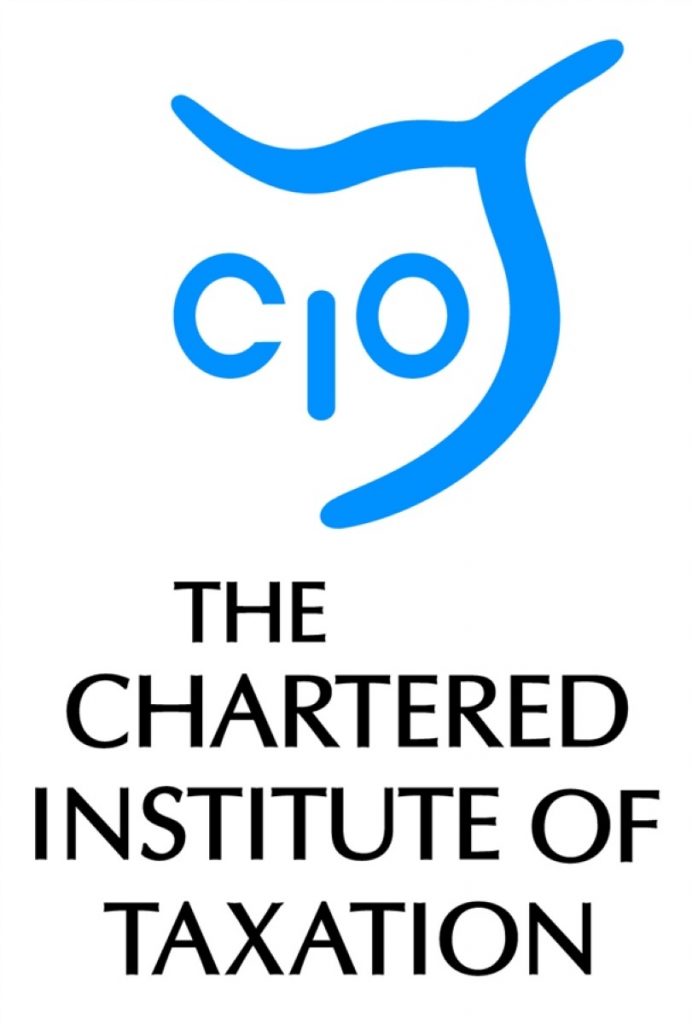The Low Incomes Tax Reform Group (LITRG) has recommended that any return on Help to Save accounts be free from income tax to make them simple to understand and administer.
A government consultation sought to expand upon its idea to introduce, by April 2018, a Help to Save scheme for eligible claimants of working tax credit or universal credit. The scheme will allow those eligible, to save up to £50 a month and receive a 50 per cent government bonus on top of the amount they have saved.1
LITRG is concerned that the tax status of the scheme is not covered at all in the consultation, especially given wider changes to personal taxation, such as the new Personal Savings Allowance and cessation of tax deduction at source from most forms of savings interest. Although few, if any, eligible accountholders would be likely to pay tax on savings income, the interaction of the PSA with the zero per cent starting rate for savings and the transferable allowance for married couples, can and almost certainly will result in an incredibly complex set of tax calculations. LITRG therefore strongly recommends that tax law includes an income tax exemption for interest gained in Help to Save accounts and that the Government bonus is treated by HMRC as tax-exempt.
Anthony Thomas, Chairman of LITRG, said:
“We strongly recommend that there is a specific exemption written into tax law to exclude both the Government bonus and any interest on the accounts from income tax to make the Help to Save accounts simple, accessible and cost-effective for accountholders and HMRC.
“Alignment with the existing ISA regime could also save introducing a new set of rules to govern Help to Save accounts. This could make savings schemes much easier to compare, and eliminate concerns we have raised over what happens to Help to Save accounts on death. Treating them as ISAs could also easily cover the compliance aspects of transferring accounts between providers if the Government decides to deliver them via multiple providers.
“The £2,000 cap on prior savings in order to be able to access Help to Save is far too low and we strongly recommend that this is increased at least to £6,000. The Government should consider making the Help to Save a permanent offering, rather than limiting it to five years.”
LITRG also asked the Government to look at ways to help people save, for example by allowing them to direct part of their universal credit or working tax credit into a Help to Save scheme before they receive it. Another option might be for employers to divert part of pay into Help to Save accounts.
The campaign group calls on the Government to be more specific on the eligibility criteria, such as what is meant by being ‘in receipt of’ the qualifying benefits and how the scheme will operate for joint benefits claimants.
Anthony Thomas added:
“JobCentre Plus should also play a significant role in encouraging take up of Help to Save, by advertising the scheme using posters and flyers and helping people to open accounts online; and Post Offices should be included as deposit takers for the scheme as well.
“There must be clear and easily understandable guidance on the pros and cons of Help to Save compared to pension contributions. The new bodies responsible for public financial guidance should consider offering individual guidance sessions on these issues, in a similar way to the Pension Wise scheme.”
Notes to editors
1. Help to Save will target working families on the lowest incomes to help them build up their savings. The scheme will be open to an estimated 3.5 million adults in receipt of Universal Credit with minimum weekly household earnings equivalent to 16 hours at the National Living Wage, or those in receipt of Working Tax Credit. It will work by providing a 50 per cent government bonus on up to £50 of monthly savings into a Help to Save account. The bonus will be paid after two years with an option to save for a further two years, meaning that people can save up to £2,400 and benefit from government bonuses worth up to £1,200. Savers will be able to use the funds in any way they wish. Help to Save accounts will be available no later than April 2018.
2. LITRG’s response to the consultation can be read here.
3. Low Incomes Tax Reform Group
The LITRG is an initiative of the Chartered Institute of Taxation (CIOT) to give a voice to the unrepresented. Since 1998 LITRG has been working to improve the policy and processes of the tax, tax credits and associated welfare systems for the benefit of those on low incomes.
The CIOT is the leading professional body in the United Kingdom concerned solely with taxation. The CIOT is an educational charity, promoting education and study of the administration and practice of taxation. One of our key aims is to work for a better, more efficient, tax system for all affected by it – taxpayers, their advisers and the authorities. The CIOT’s work covers all aspects of taxation, including direct and indirect taxes and duties. The CIOT’s 17,600 members have the practising title of ‘Chartered Tax Adviser’ and the designatory letters ‘CTA’, to represent the leading tax qualification.





-01.png)